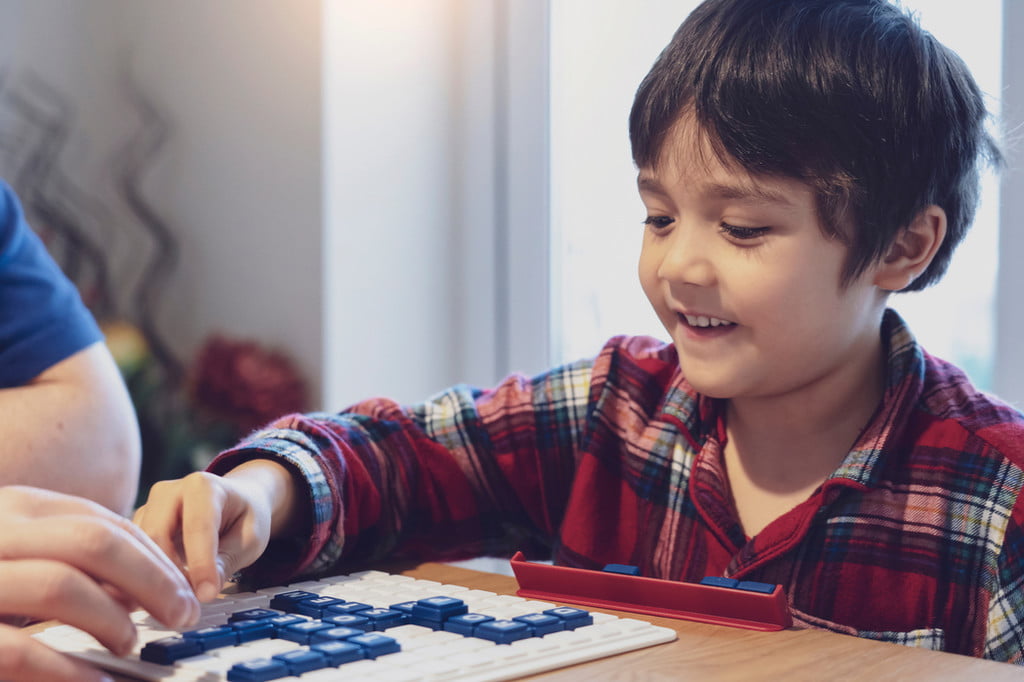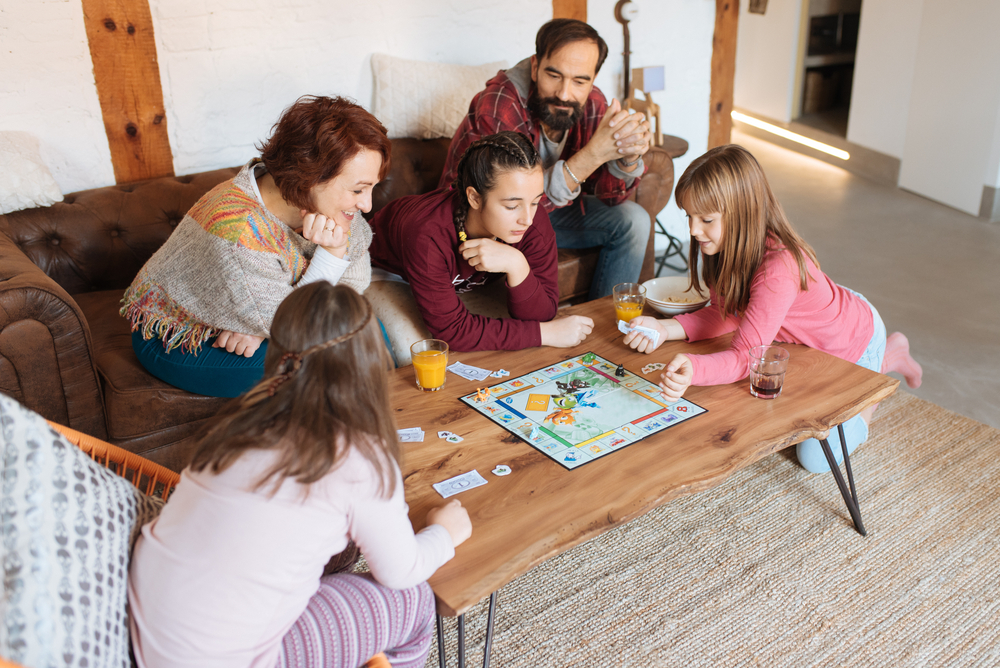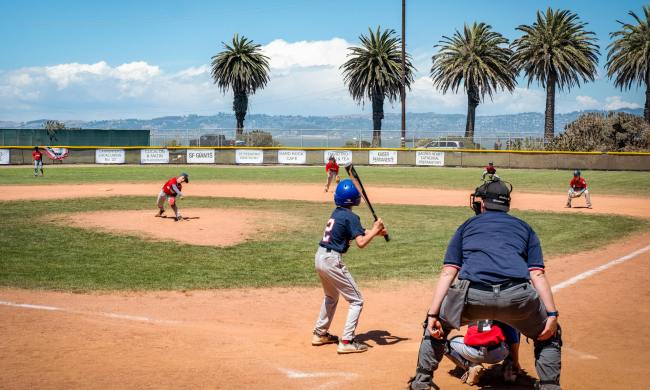Literacy is defined as the ability to read and write. It is the foundation of any child’s education. Reading and writing are a part of everyday life in so many different facets, which is why getting children to embrace the wonders the written word opens up to them is so important. From preschool to second grade, young readers concentrate on learning to read. In third grade, the switch from learning to read to reading to learn takes place. This can often be a tough transition for kids, but not if their literacy foundation is strong. The goal of parents and teachers is to instill in kids a lifelong love of reading. Strong reading skills often translate into solid writing skills and a vivid imagination. So, how can you get your children to enjoy reading even if they struggle? These literacy games for kids are an enjoyable way to show children how much fun reading can be.
The Alphabet Game
Driving back and forth to practices, games, recitals, and more can be extremely boring for kids. Keep things interesting and get them thinking by playing the Alphabet Game during car rides and road trips. Getting all the passengers in the car involved makes the game more exciting. Choose a category like animals. The first person names an animal the begins with the letter A, and the game continues through the alphabet until you get to the letter Z or the entire car is stuck. You can try all different categories like clothes, food, and names.
I Spy
This is another classic road trip game that gets kids thinking about objects beginning with different letters of the alphabet. I Spy rules are simple. One person starts off by saying, “I spy with my little eye something beginning with the letter A.” The other passengers need to guess what the person is looking at as they are driving. Try working your way through the alphabet. It is okay to skip letters you can’t spy anything with.
The Rhyming Game
Kids love the rhyming combinations of popular authors like Dr. Seuss. Build on that by having kids think of as many rhyming words as possible on your next car ride. Start with easy words like cat. Another fun rhyming game is to have the passengers in the vehicle talk in rhyme until you get to your destination. For example, if your child asks you “Are we there yet?” You answer, “No, are you upset?”
Zingo
If there are pre or early readers in the house, Zingo is the perfect game to play. It’s a bingo game that helps kids to learn basic sight words. By using pictures with the accompanying word, kids are able to learn much-used sight words while playing a fun bingo-like game.

Scrabble
A game of Scrabble can get pretty competitive in some households. Getting kids to use letter tiles to try and make words that fit onto the existing board is an excellent way to bolster reading as well as thinking skills. Scrabble is great for tweens and teens. For homes with young readers, divide into teams until the kiddos are ready to go solo for Scrabble.

Monopoly
Elizabeth Magie patented this classic game back in 1904. It was invented as a way to teach people about the drawbacks of land monopolies. Clearly, the game took off and has evolved into many different forms. Reading is a big part of Monopoly, and playing it as a family is a perfect way to show kids how much fun reading can be.

Chess
While there isn’t any reading in chess and it’s not considered a literacy game, playing it has been shown to help kids improve their reading skills. Some kids may be able to take on the concept of the Queen’s Gambit as young as four, but second grade is considered the ideal time to introduce chess to kids.
Memory
Memory is another childhood classic and a fun game to play with your kiddos. Playing memory matching games with sight words is a thrilling literacy game. Kids love getting matches, and they don’t even realize they’re improving concentration skills and learning sight words at the same time. Memory matching games come in all different types. There are even memory matching games for toddlers in their favorite superhero characters or memory games for kids fascinated by animals.
Reading is part of our everyday lives, from shopping in the supermarket to looking up our favorite YouTube videos. The wonder of books and the world in which they open brings a lifetime of joy. Reading is not easy for everyone, which is why it’s important to provide children with a strong foundation of literacy skills during their formative years and beyond. Literacy games are a wonderful way to show children how fun reading can be. Kids love to play games. During a game of Zingo, kids don’t even realize they are learning necessary sight words. When you play car games like the Alphabet Game or I Spy, you’re helping kids to make letter/sound associations, which is a key reading skill. Once kids learn to read and begin using their newfound skills to learn, they’re on the road to being avid readers. Literacy games don’t have to stop once kids learn to read either. Playing literacy games like Scrabble and chess and great for everyone regardless of age.



